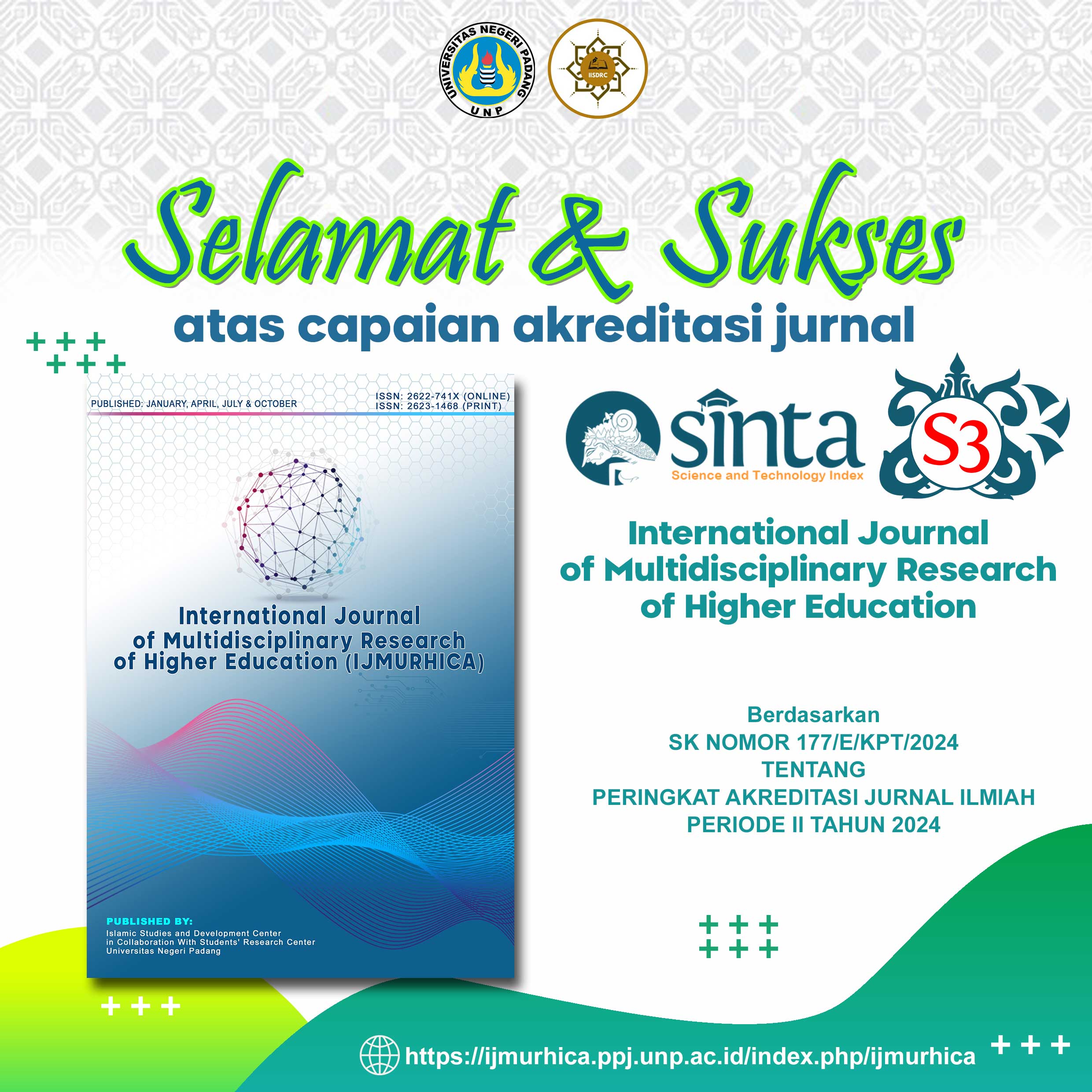Determination of Literacy and Trust in the Sustainable Use of Digital Sharia Insurance Applications
DOI:
https://doi.org/10.24036/ijmurhica.v8i4.436Keywords:
Islamic financial literacy, sustainability intention, trust, digital Islamic insurance applicationAbstract
This study examines how sharia financial literacy and trust affect continuance intention to use digital sharia insurance applications among millennials in Medan, Indonesia. A quantitative–explanatory design with a cross-sectional survey was employed (n = 100). Likert-scale instruments for sharia digital literacy, trust, and continuance intention were deemed adequate after item purification; reliability and validity were met (e.g., α_literacy = 0.810), and classical assumptions held (normality, no multicollinearity, no heteroscedasticity). Multiple linear regression (IBM SPSS v25) shows that literacy has the strongest positive effect on continuance (B = 0.329; β = 0.466; t = 9.792; p < 0.001). Trust also exerts a positive, statistically significant effect at the 10% level (t = 1.965), which is salient in sectors that have faced reputational shocks. Jointly, the two variables explain a large share of variance (Adjusted R² = 0.904; F = 70.614; p < 0.001), aligning with TAM/TPB logic: literacy elevates perceived usefulness/ease of use, while trust reduces perceived risk and strengthens perceived behavioral control, thereby reinforcing continuance intention. Managerially, two complementary levers are suggested: (1) weaving task-based literacy into the app (e.g., claim simulations annotated with contract types, contribution/tabarru’ wizards, inline glossaries, and decision-point nudges) to translate declarative knowledge into action; and (2) engineering verifiable process transparency (real-time claim tracking, concise tabarru’ summaries, DSN-MUI compliance badges, and clear privacy notices) to build trust. The study enriches post-adoption evidence in Islamic fintech and offers practical guidance to strengthen retention and inclusion among urban millennials.
Downloads
Downloads
Published
How to Cite
Issue
Section
License
Copyright (c) 2025 Riri Dwita Putri, Nursantri Yanti, Hendra Harmain

This work is licensed under a Creative Commons Attribution-ShareAlike 4.0 International License.






